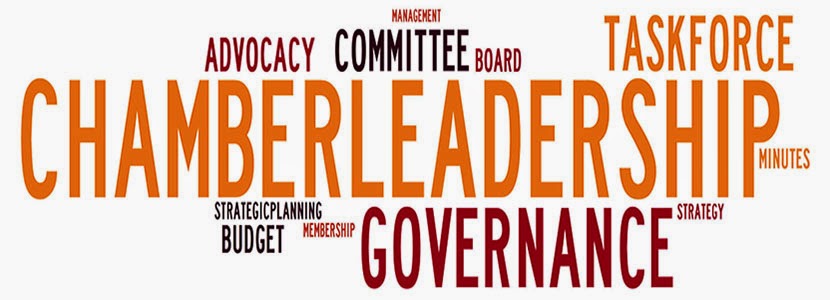Do your homework first. Find out what technology will be needed that you currently don’t have. The good news is that the price point barrier in the past has come way down.
What is your goal of the podcast - is it another communication from the CEO?
The content should be consistent with your other communication vehicles (i.e. newsletters, website, white papers, etc.).
Decide on a frequency (once a week, once a month) and stick with it! Just like your blogs you need to build an audience and the best way to do that is by a consistent schedule and don’t forget to archive your podcasts.
Once you’ve decided on a frequency let’s think about how long they should be. They need to be digestible. For a resource on deciding what might be right for your chamber go HERE.
Questions to answer:
- Frequency - once a week or once a month?
- What kind of content do you want to cover?
- Advocacy?
- A new regulation?
- Highlight a new member?
- Is this the new ribbon cutting so many chambers are involved in?
- Who’s responsible?
- Who’s the voice?
- Does it change?
- Lecture or is it an interview with a member?
- How do you select the member without upsetting those who are not picked?
- Should you set-up criteria for selection?
Now let's talk about selling sponsorships to fund the podcast and the vendor/partner gets a commercial at the front end - sponsored by “you name the company.” I suggest you only sell quarterly sponsorships and make sure you have a full years worth before launching.
Remember, you want people standing in line to sign-up!
This could be a great new revenue stream while also delivering real-time content in a timely manner.
And finally, for a great resource to podcast right from your iPhone go HERE.
Good luck!

